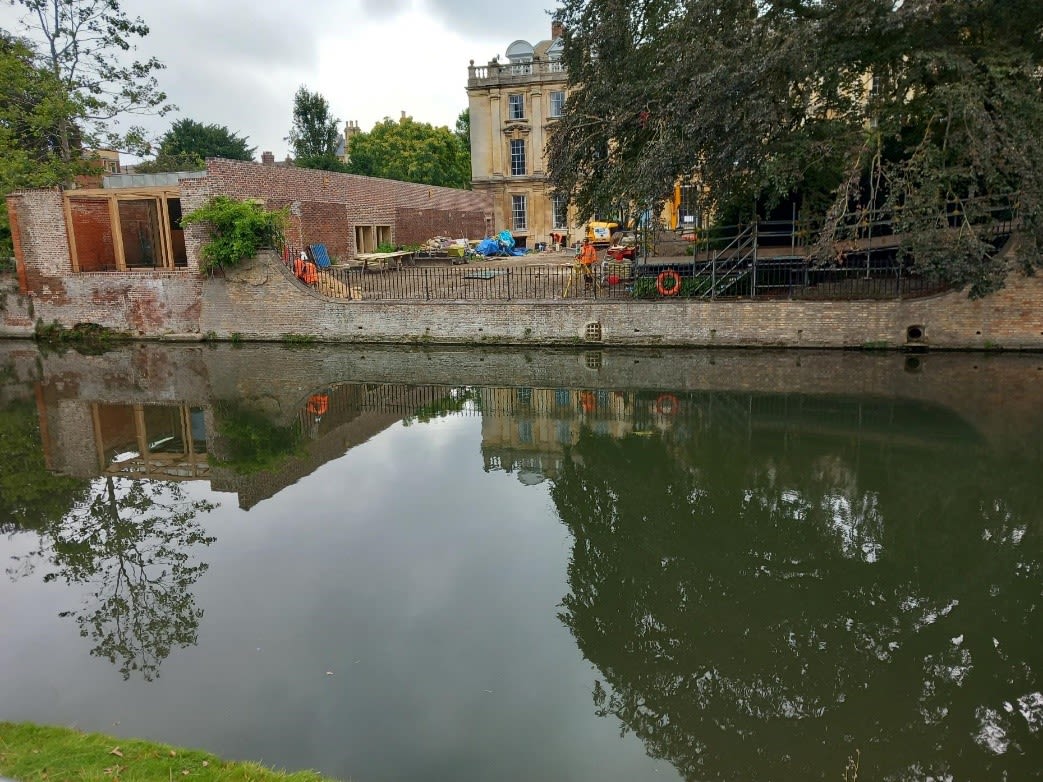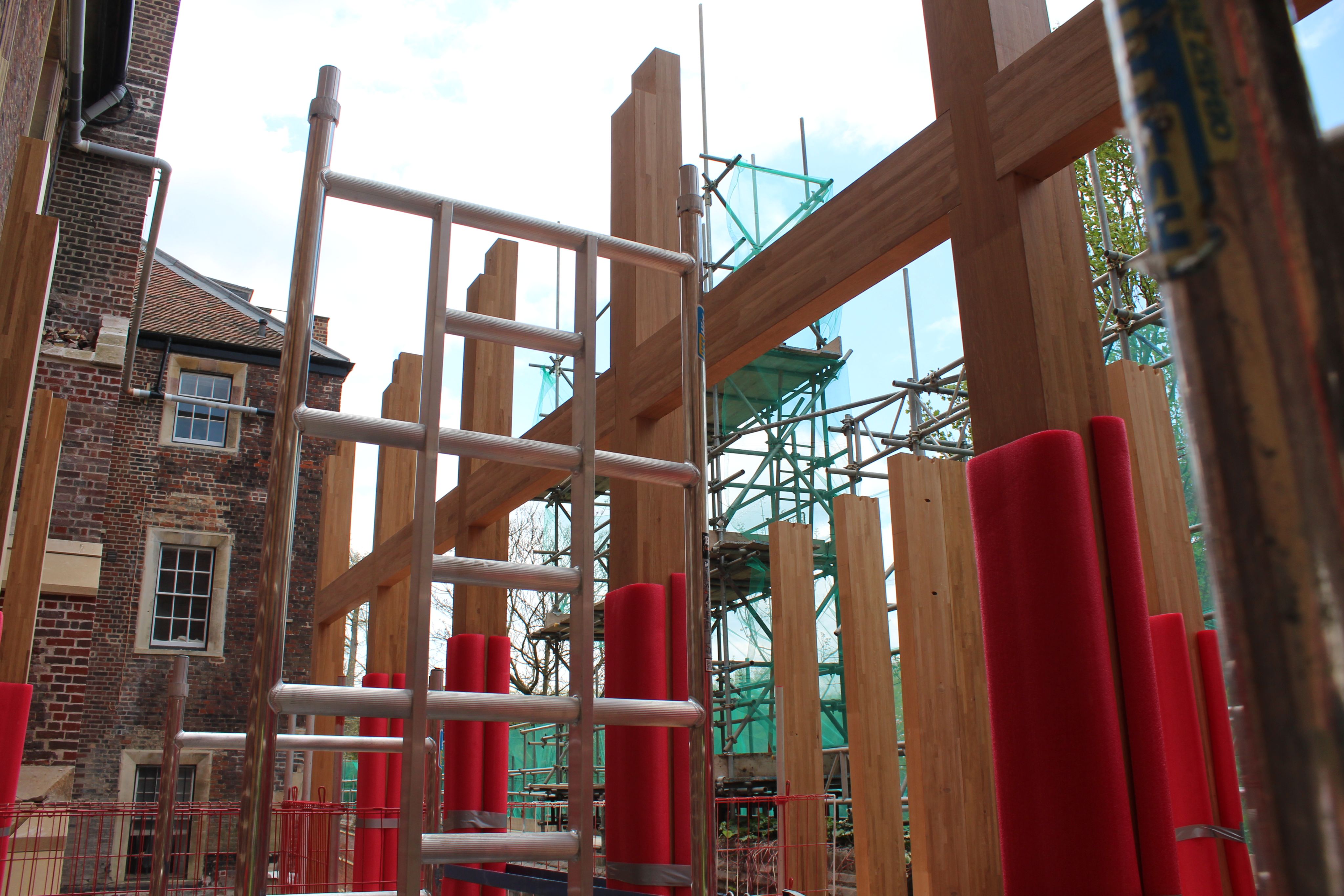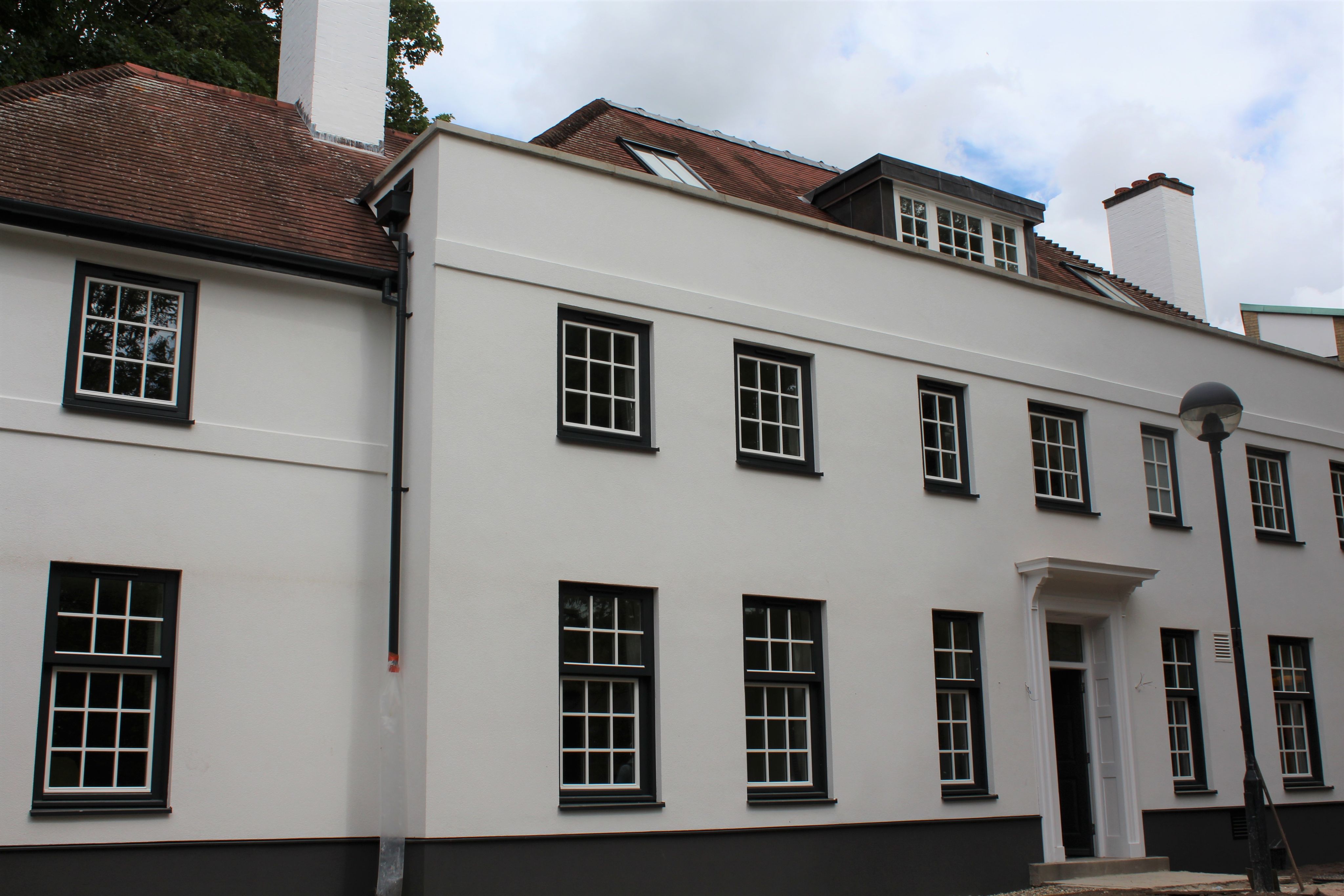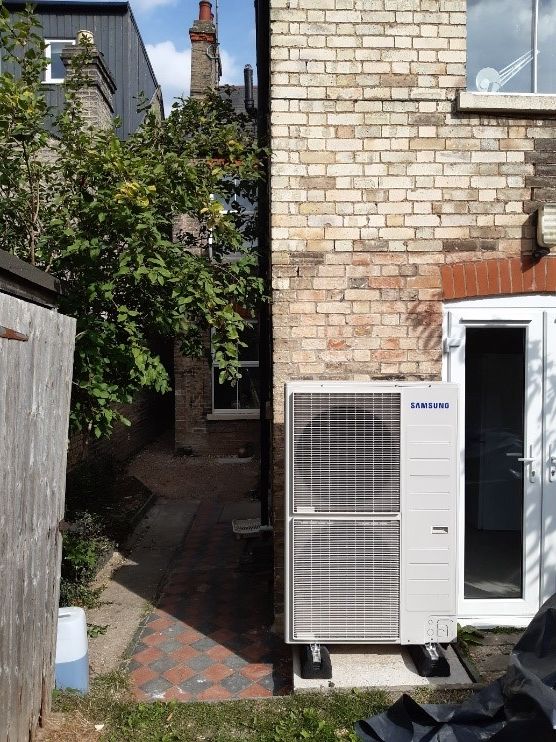Estates Report
Housekeeping, Gardens and the Boathouse now come under the Estates umbrella, while following Jackie Searle’s retirement in April 2023, housekeeping has merged with buildings to form a new Facilities Management team.
As the College’s conferencing business has continued to recover from the pandemic and the volume of conference guests has increased, this has provided challenges but the team have risen to them superbly, servicing large numbers of rooms with a high turnover of guests.
A main focus for the Estates Department has been the Old Court Project, with the Phase 1b largely completed at the beginning of June (see elsewhere in this Review). This represents the culmination of 10 years’ work to ensure that Old Court remains the beating heart of the College.
With the reinstatement of H Staircase in Old Court, and the SCR and Fellows’ Library, the housekeeping team have resumed cleaning in those areas, alongside their continued support of undergraduates and graduates across all sites. To help it meet its net-zero goals, the Estates department has strengthened its sustainability capability, while continuing to respond to a large number of routine maintenance requests.
Sustainability
The use of a timber frame and reuse of existing materials as far as possible has reduced the embodied carbon of the new buildings in Old Court. The River Room also uses mechanical ventilation heat recovery (MVHR) which recovers heat from stale air, meaning that keeping the air flowing does not result in excessive heat loss.
Braeside, which is a student hostel on the Castle Court site, was taken out of use for the academic year to be fully refurbished. As part of the works the number of rooms has increased from 17 to 19 by converting existing roof space; some ensuites have been provided and shower rooms and kitchens brought up to current standards. The building has been transformed not just through improved facilities but also by major upgrades to the building fabric to reduce heat loss. Double glazing, wall insulation, roof insulation, and heat recovery units have collectively reduced the heat demand from 38kW to 12.5kW. In conjunction with this, an air source heat pump has been installed to the rear of the building, reducing the building’s operational carbon footprint to zero through the purchase of 100% renewable electricity. The building won an award for Environmental Improvement at the University Green Impact awards.
69 Alpha Road is a Victorian end-of-terrace house which provides accommodation for 5 students. It has the College’s first air source heat pump which has now been operational for a full academic year. Together with the improvements to the building fabric, this has made the building net zero in operation. The fabric upgrades and heat pump have meant a 75% reduction in overall energy use, and a £500 saving on utility bills compared with the last academic year.
The first phase of a three-year project to triple glaze the windows and renew waterproofing details in Castle House begins this September. The first phase is the top floor of A and B. The work will make the building more comfortable for occupants and reduce gas consumption.
Over the Easter vacation, secondary glazing was installed in 12a Castle Street, to reduce heat loss and improve occupant comfort.




